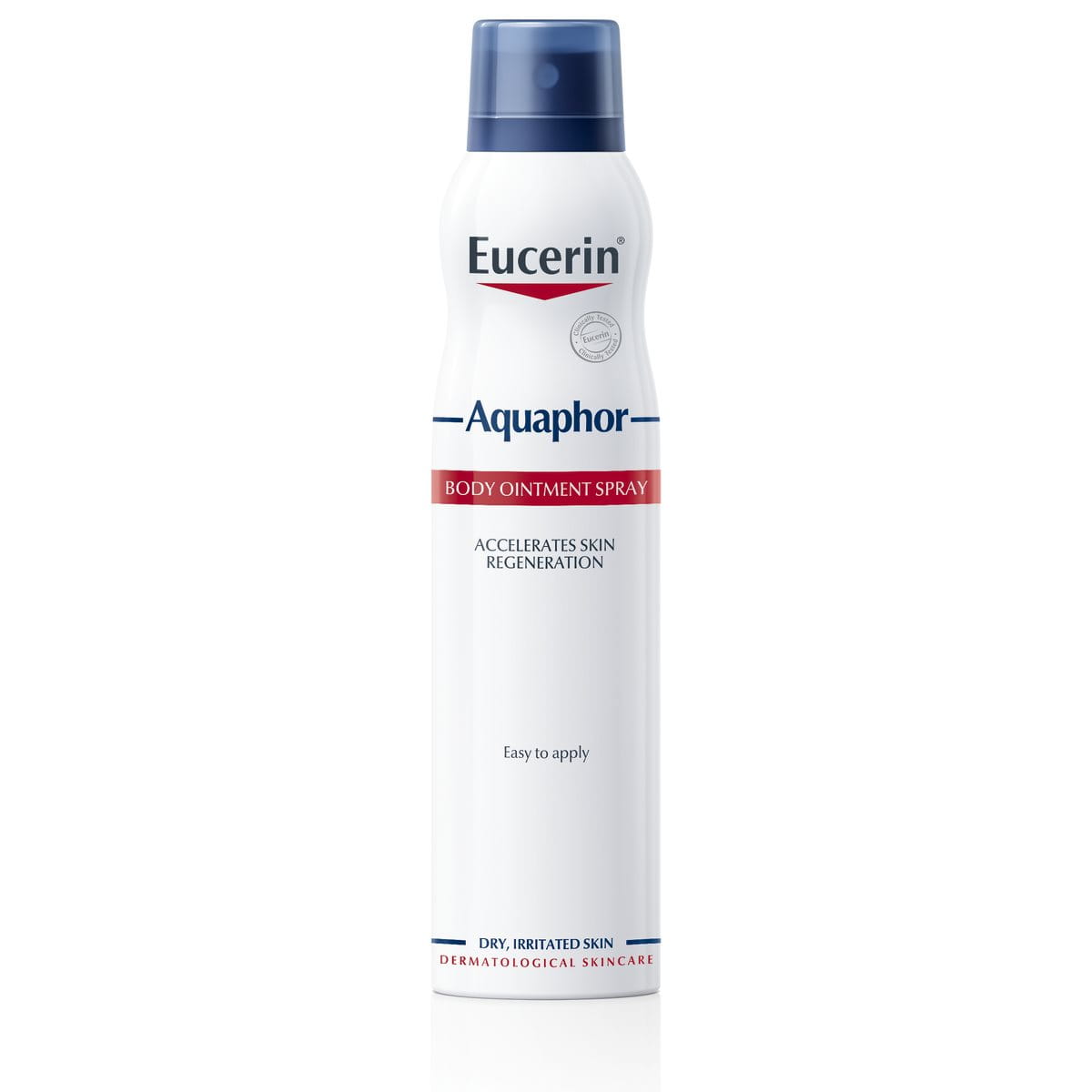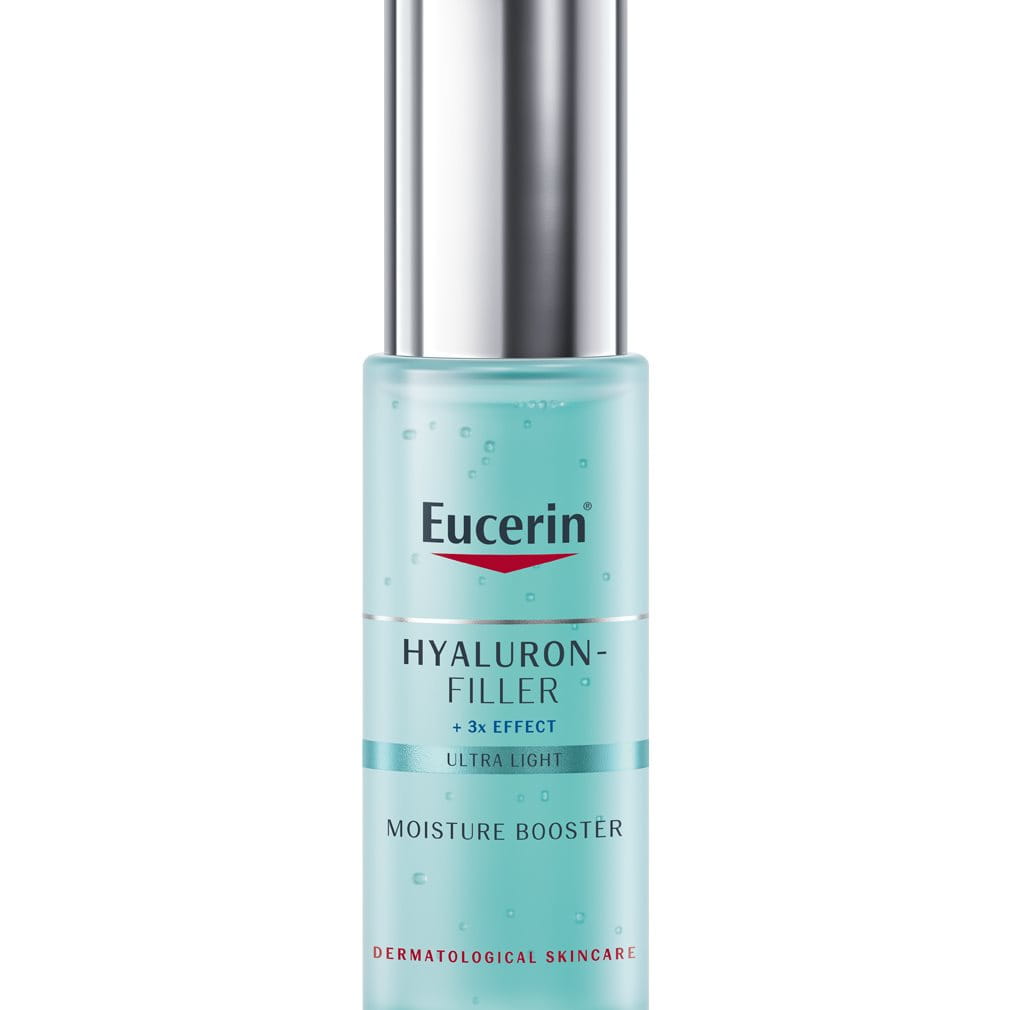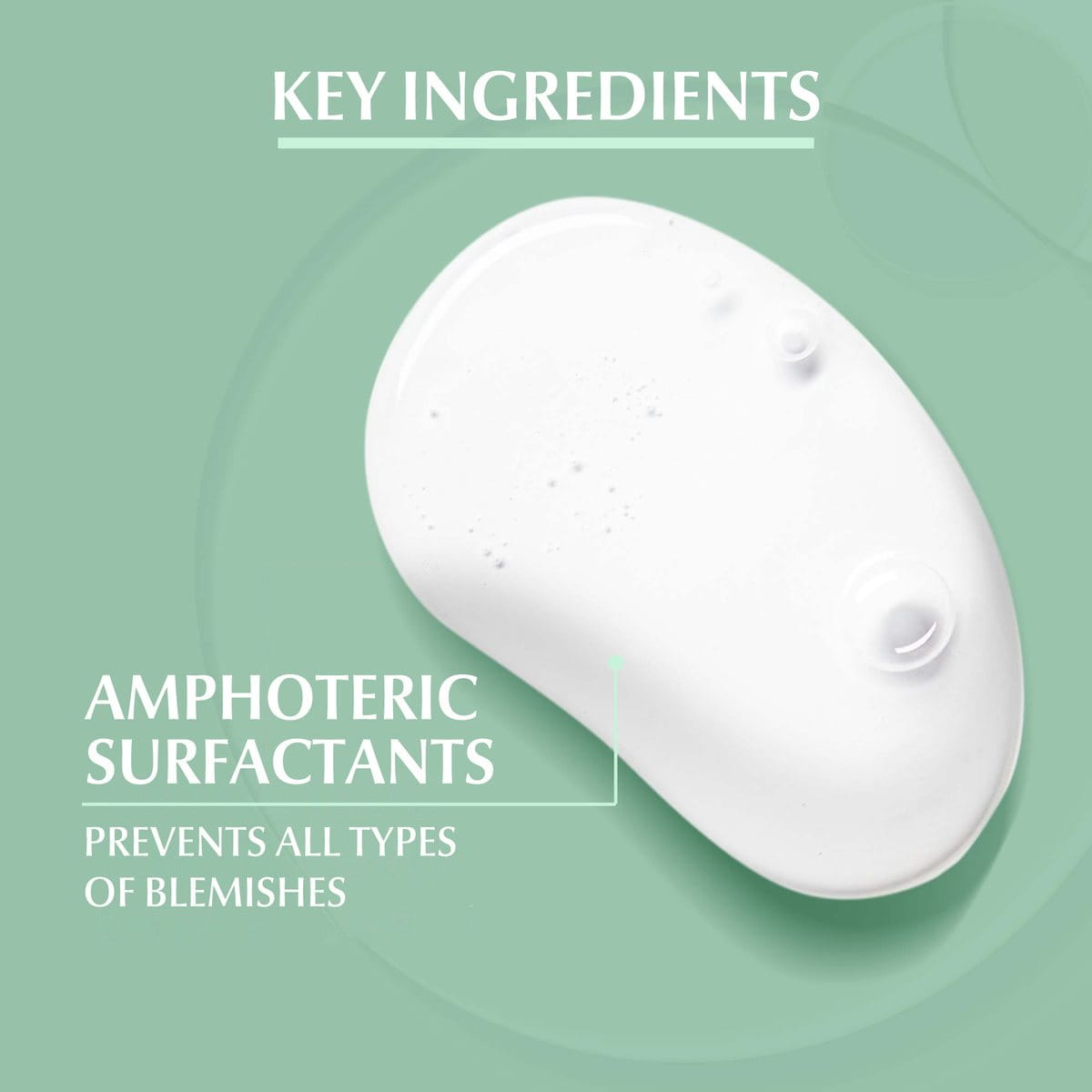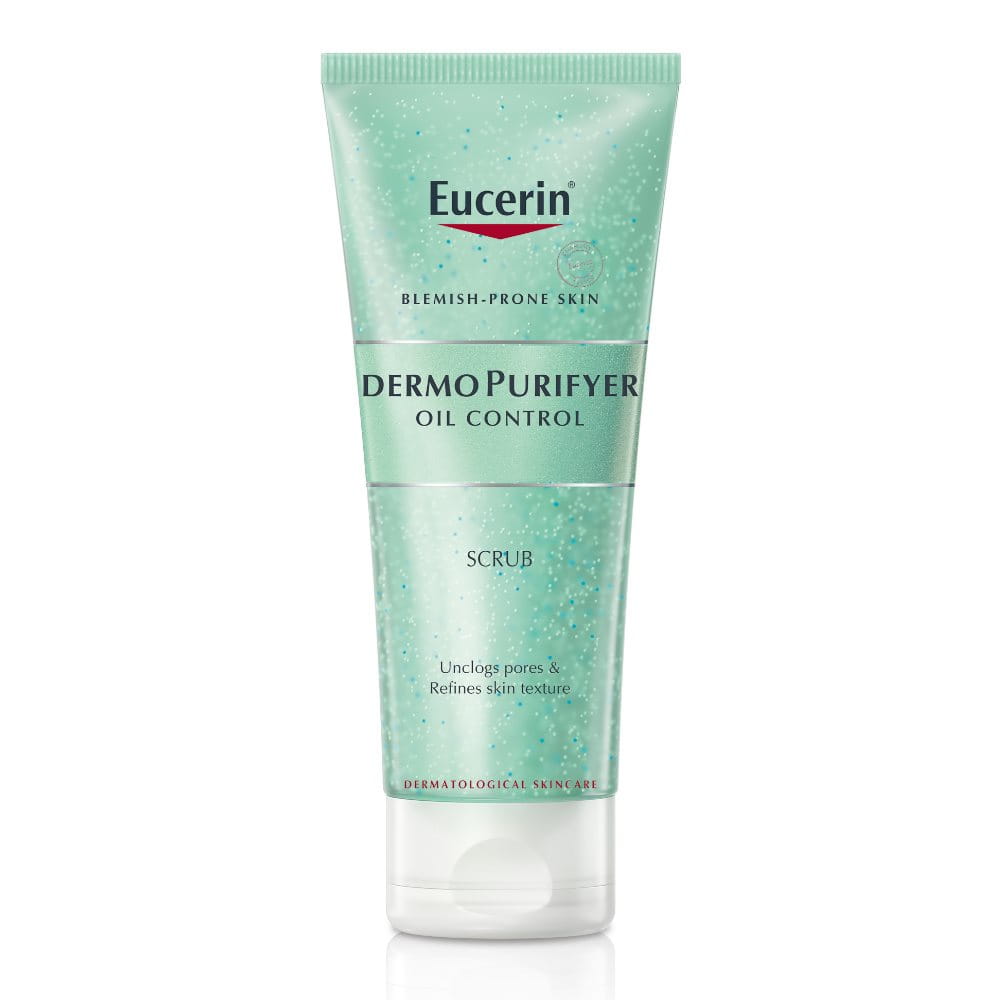Ramadan is a time of year that involves a significant change in our daily routines. Fasting hours, altered sleep schedules, and changes in diet can all impact our skin health. During this holy month, taking care of our skin is essential by being mindful of the foods we eat. The skin's natural oils can suffer during Ramadan, leading to an increased risk of breakouts and acne flare-ups. In this article, we will discuss the top foods to avoid reducing breakouts and improving overall skin health during Ramadan, along with using Eucerin products to help reduce breakouts.
Acne Breakouts During Ramadan
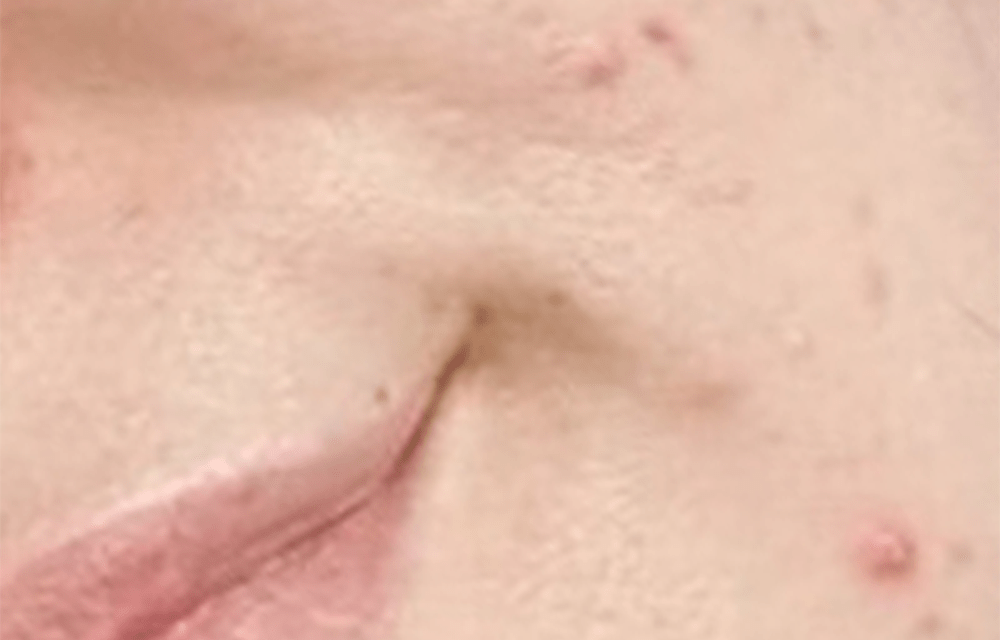
Acne breakouts can occur during the fasting period of Ramadan due to several factors:
- When you fast, your body's hormone levels are altered, which can cause excess oil production, leading to clogged pores and breakouts.
- Dehydration caused by insufficient water intake during Ramadan can also contribute to acne breakouts.
- Increased acne can be a result of stress and fatigue.
During Ramadan, since one cannot eat during fasting hours, paying close attention to the foods consumed during mealtimes is crucial. Studies have shown that certain foods can trigger acne breakouts.
How to Prevent Acne During Ramadan
Fortunately, you can take a few steps to prevent and reduce acne breakouts during Ramadan. Here are a few tips to keep in mind:
Skin Care Tips
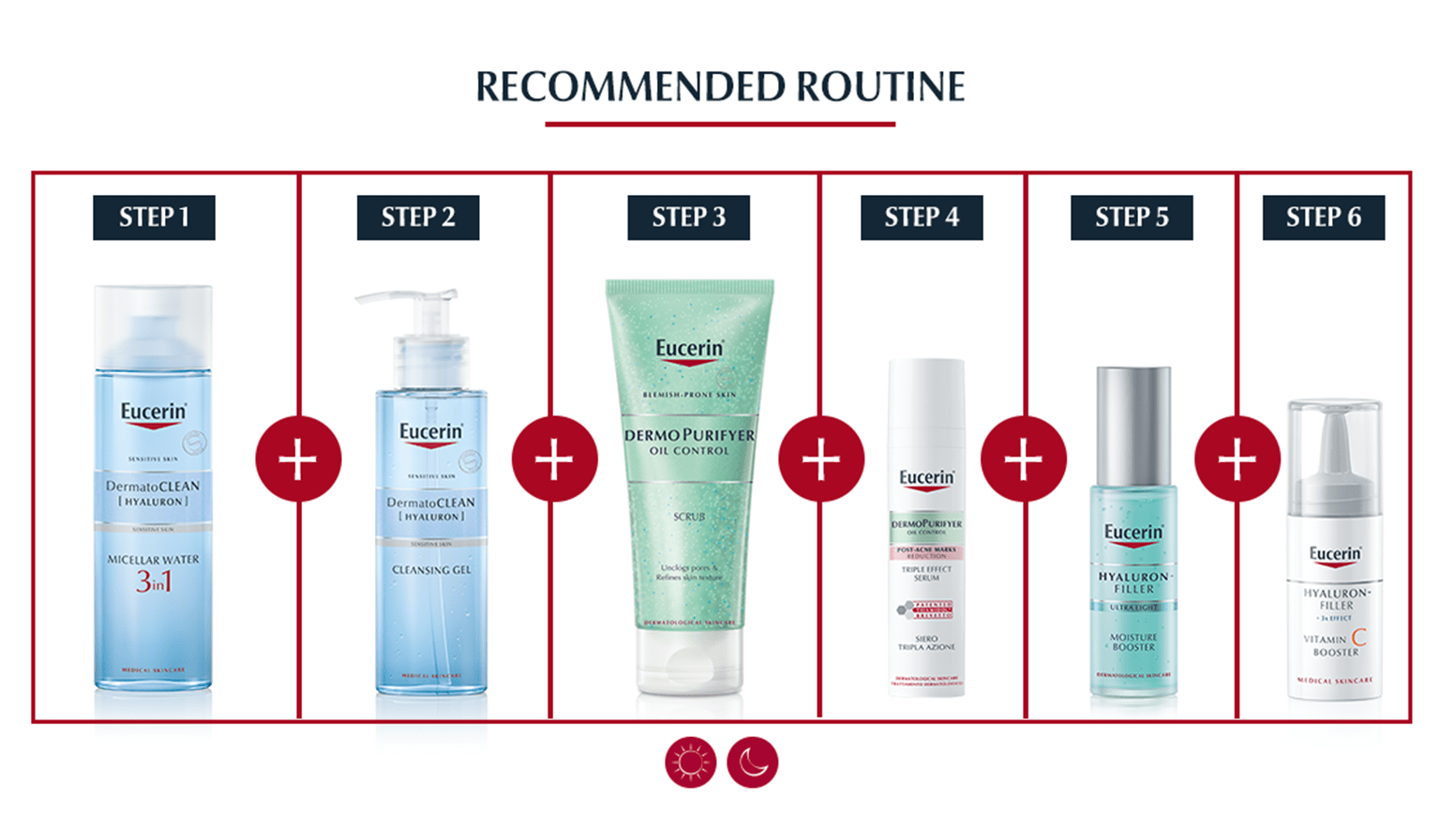
To prevent acne breakouts during Ramadan, it's essential to maintain a good skincare routine.
- Start by ensuring that your skin is clean and free of makeup and dirt by removing them with the Eucerin DermatoCLEAN 3 in 1 Micellar Cleansing Fluid.
- Wash your face twice daily with the gentle DermoPurifyer Cleansing Gel, and use an oil-free moisturizer to keep your skin hydrated.
- It is essential to exfoliate your skin once a week with the DermoPurifyer Scrub to eliminate dead skin cells and unclog your pores. Follow it up with the DermoPurifyer Triple Effect Serum to deliver a long-lasting anti-shine finish.
- Drinking plenty of water helps keep the skin hydrated and healthy. It also helps flush out toxins that can cause acne breakouts. Compounded with the Eucerin Hyaluron-Filler Moisture Booster, you lock in the external and internal moisture.
- For that extra glow, build on the inside with the Even Pigment Perfector Skin Perfecting Serum and Eucerin’s Hyaluron- Filler Vitamin C Booster.
Foods to Avoid
These foods are known to be inflammatory, which can cause your skin to become inflamed and result in breakouts. Avoiding certain foods to reduce breakouts and improve overall skin health is crucial. The following are some of the foods that should be avoided as much as possible during Ramadan:
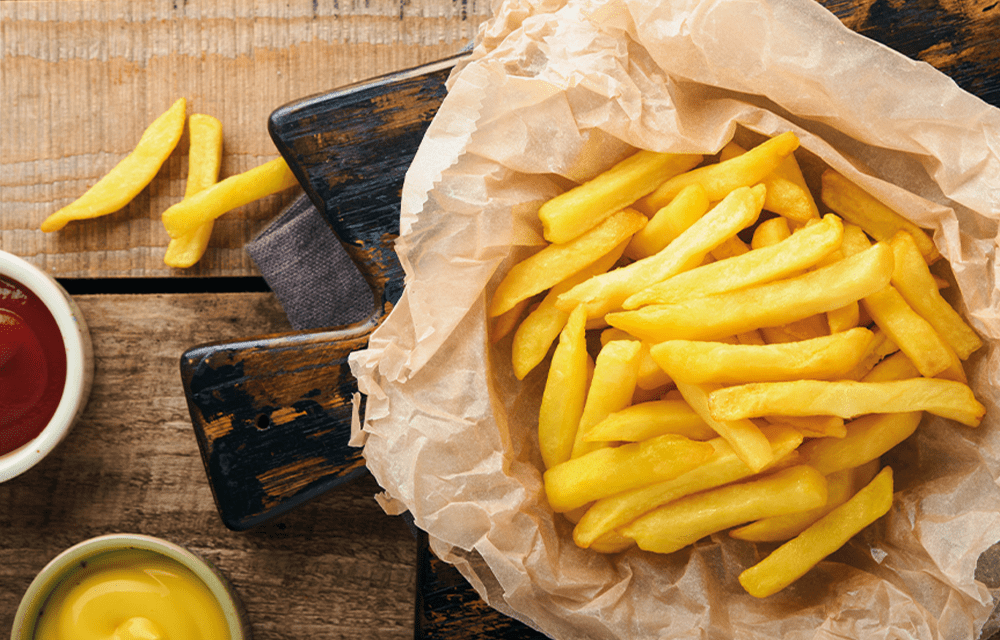
- Fried and Fatty Foods: Foods that are high in fat can clog the pores and cause breakouts. In particular, fried and fast foods are notorious for causing acne breakouts.

- Processed Sugars: Foods high in processed sugar can cause insulin levels to rise, leading to inflammation and acne breakouts.
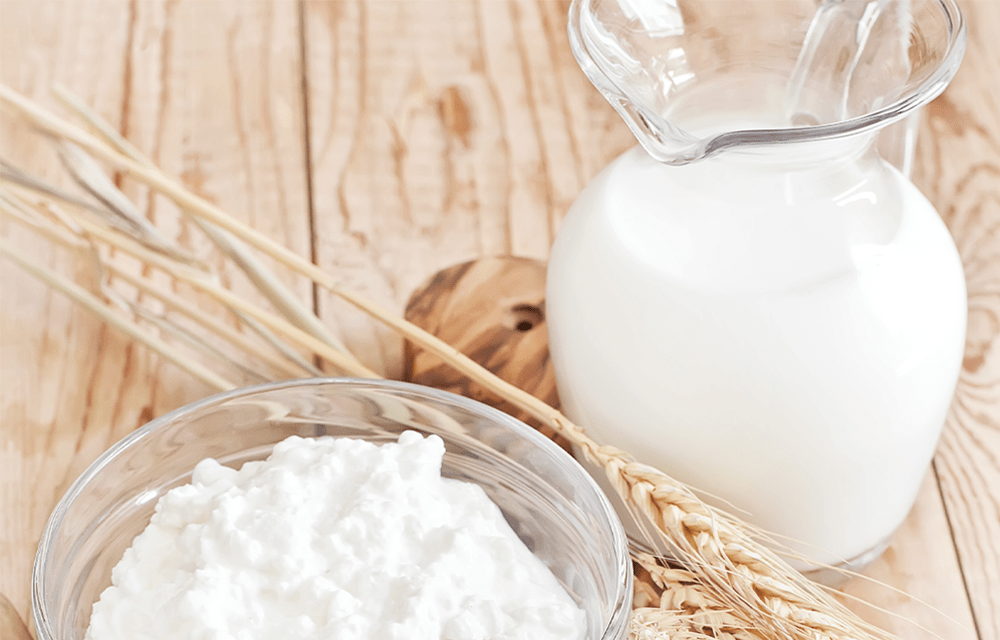
- Dairy Products: Dairy products are known to cause acne in some people, mainly because of their high lactose content. Milk and cheese are some of the most common dairy products that can cause acne breakouts.
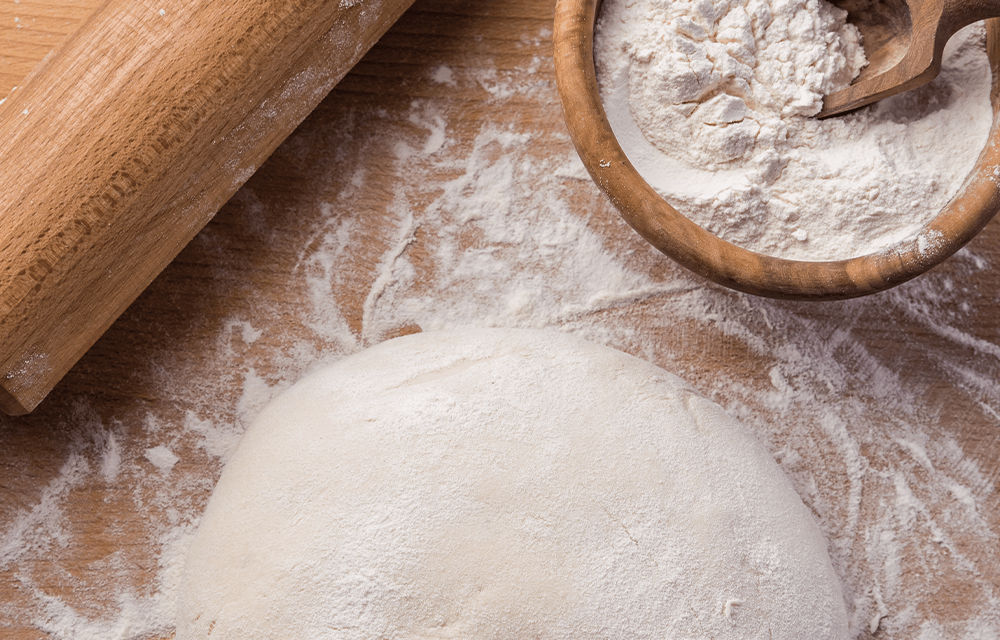
- Refined Carbohydrates: Refined carbohydrates, such as white bread and pasta, can cause insulin levels to rise, leading to inflammation and acne breakouts.
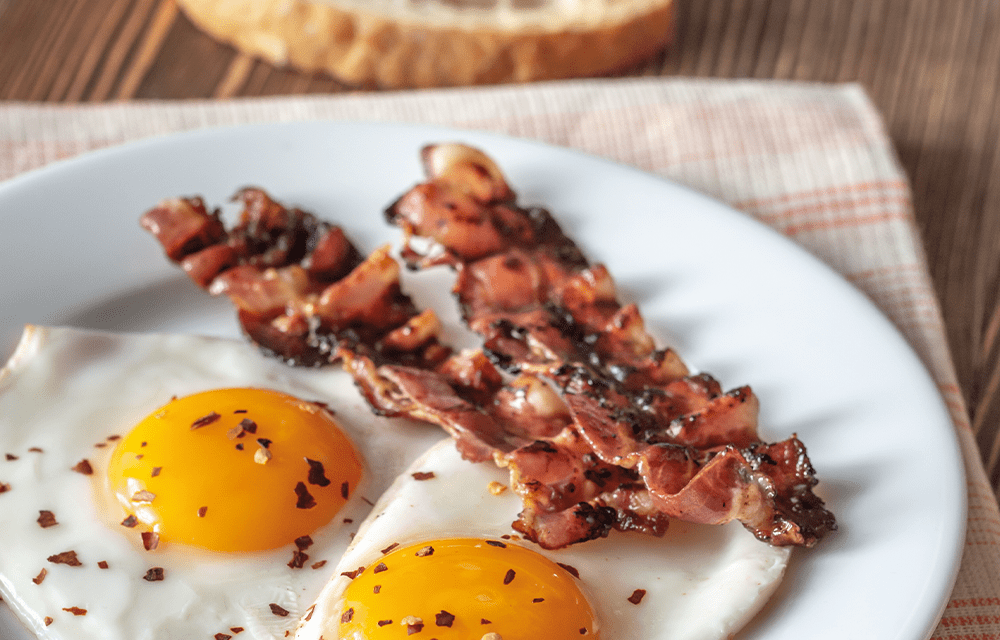
- Foods High in Saturated Fats: Foods high in saturated fats can cause inflammation and clogged pores, leading to acne breakouts.
Foods to Eat
In addition to avoiding certain foods, it's crucial to eat a healthy and balanced diet during Ramadan. Make sure to incorporate these foods during your Iftar and Suhoor to power you throughout the day correctly and healthily fortify your skin.
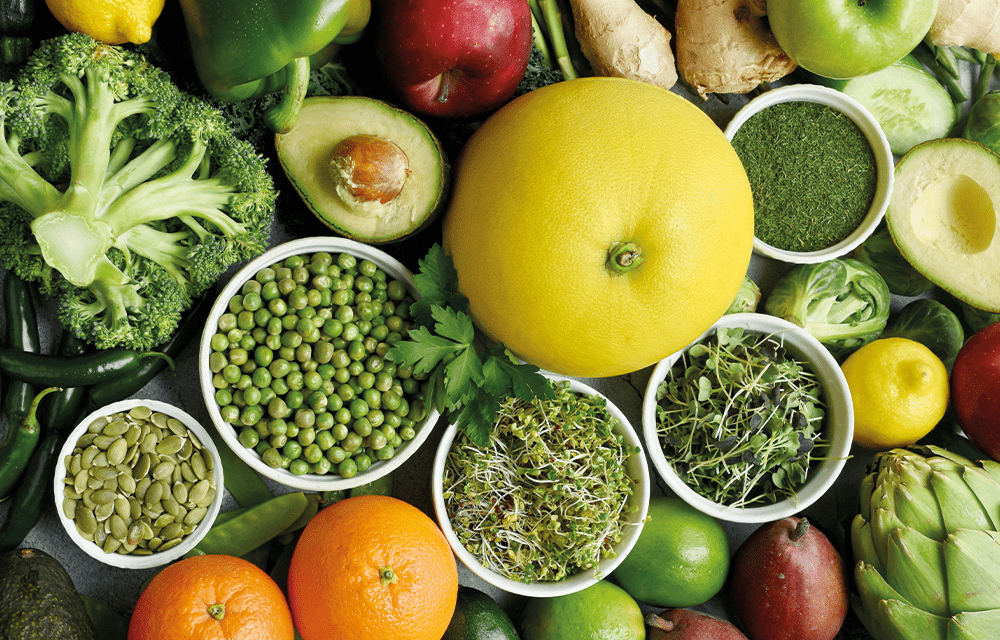
- Fresh Fruits and Vegetables: Fruits and vegetables contain antioxidants that help protect the skin from damage caused by free radicals. They also contain essential vitamins and minerals that promote healthy skin.
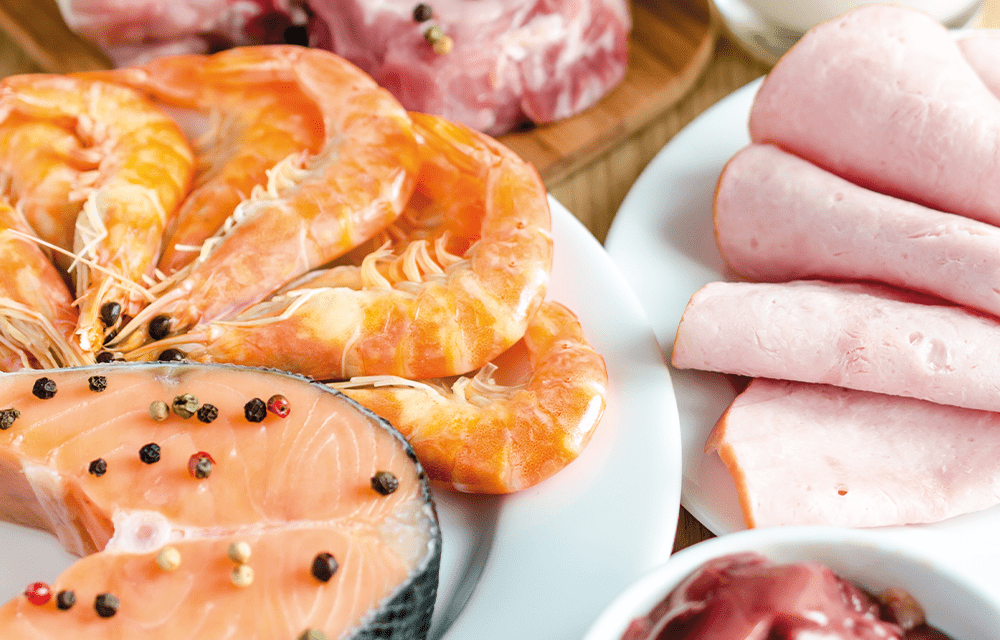
- Lean Protein: Lean protein, such as grilled fish, chicken, and meat, contains essential amino acids that help repair and maintain healthy skin cells.
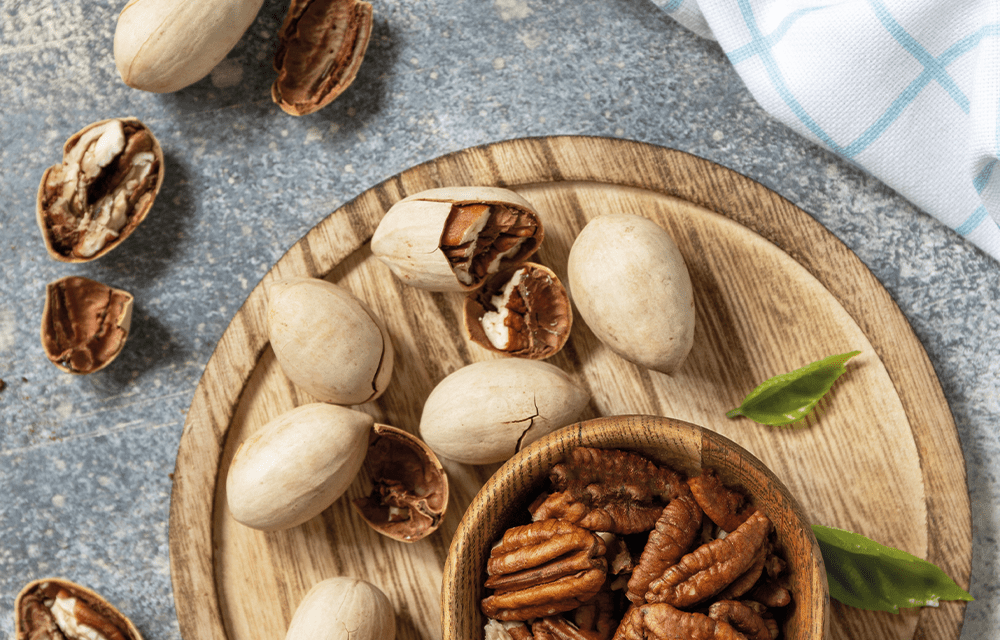
- Healthy Fats: Healthy fats, such as nuts, seeds, and avocados, contain omega-3 fatty acids that help keep the skin compact and moisturized.
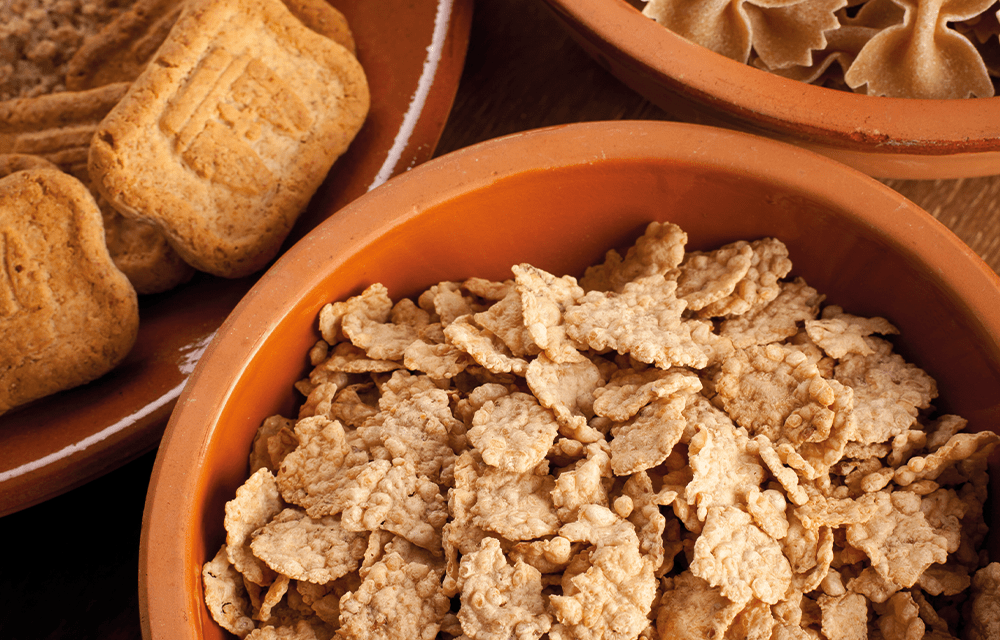
- Whole Grains: Whole grains, such as brown rice and quinoa, contain complex carbohydrates that help regulate insulin levels, reducing the risk of acne breakouts.
Relevant Tips to Note During Ramadan
In addition to the tips mentioned above, there are a few more tips to keep in mind during Ramadan to prevent acne breakouts.
Practice Stress Management

Stress is one of the leading causes of acne breakouts, so it's important to practice stress management during Ramadan. Take some time out of your day to relax and meditate or extend the prayer time. This will help to reduce your stress levels and help to clear your skin.
Do Not Overindulge
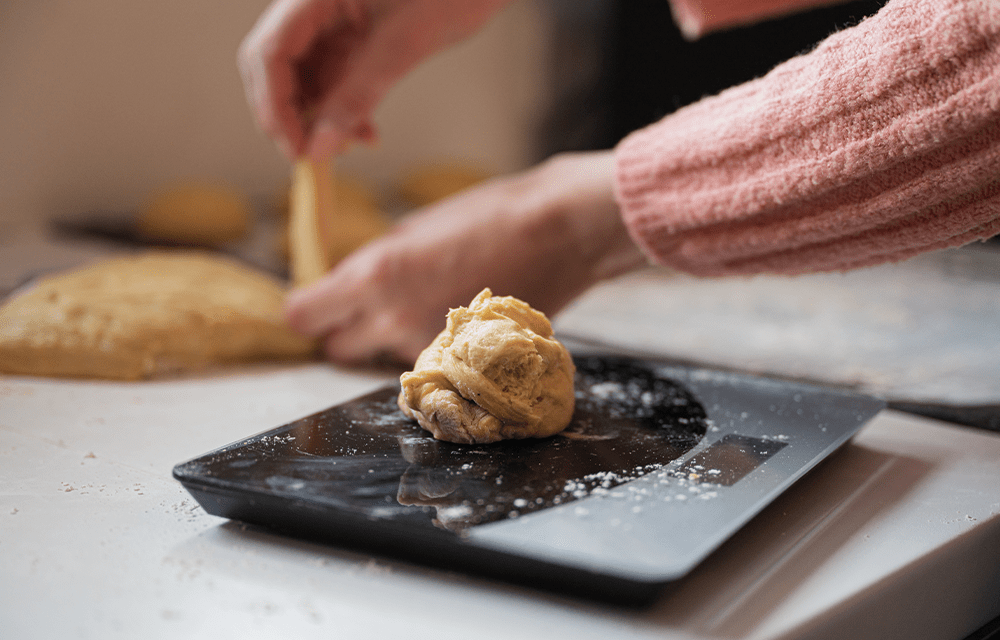
It's tempting to overindulge during Ramadan, but it's important to remember to keep your portions in check. Overeating can lead to digestive issues and increased acne breakouts.
Get Enough Sleep
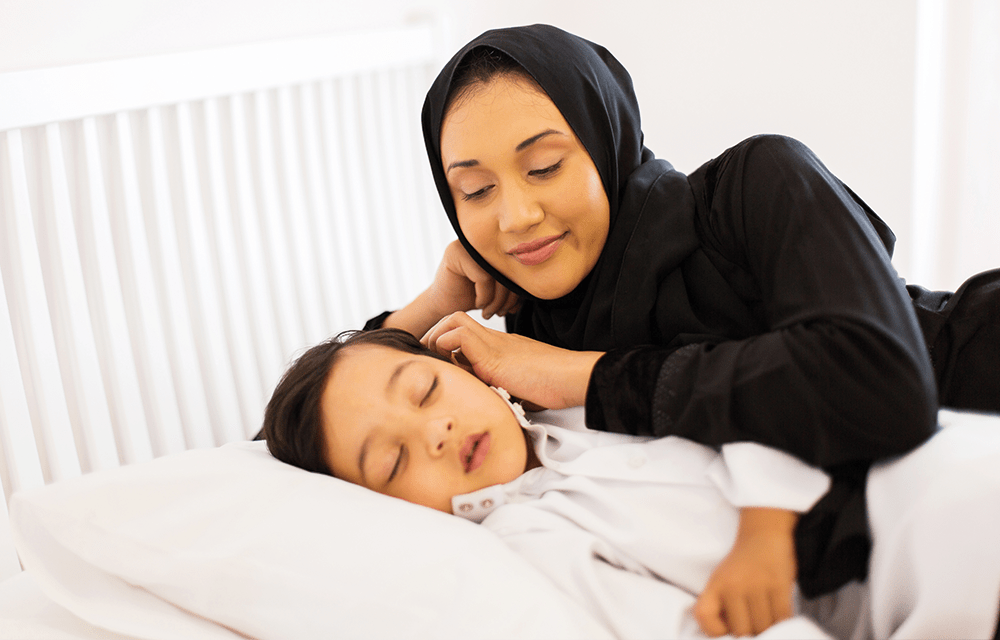
Getting enough sleep is essential for healthy skin, and it’s vital to ensure that you get enough rest during Ramadan. Aim for at least 8 hours of sleep each night and avoid overworking yourself.
Conclusion
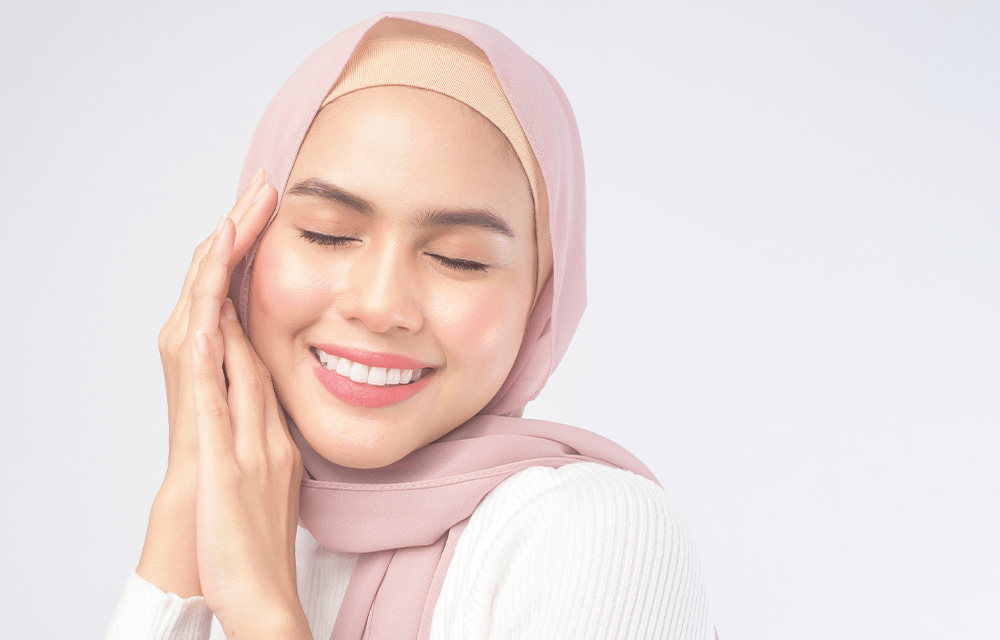
In summary, experiencing acne breakouts during Ramadan is not uncommon, but taking preventive measures can significantly help reduce and prevent breakouts. A few simple steps, such as following a good skincare routine, avoiding certain foods, managing stress, and getting enough rest, can help maintain clear and healthy skin during this period. It is essential to prioritize skincare and incorporate these tips to ensure a more comfortable and healthy Ramadan experience.

